 Niles Plumbers
Niles Plumbers
 Niles Plumbers
Niles Plumbers
Gas Line Repairs is a critical plumbing service that involves the inspection, maintenance, and repair of gas delivery pipelines to ensure safety and compliance with local codes. This service handles gas leaks, pressure irregularities, and pipe damage, using advanced diagnostic tools and safety standards to mitigate risks and secure premises. Licensed plumbers ensure all repairs comply with laws and regulations for safe and dependable energy supply
We provide top-quality Plumbing services throughout Trumbull County. Whether you need help with Gas Line Repairs or other issues, our Experts is ready.

Installing dishwashers, hot water heater (tank and tankless), garbage disposals, and washing makers.
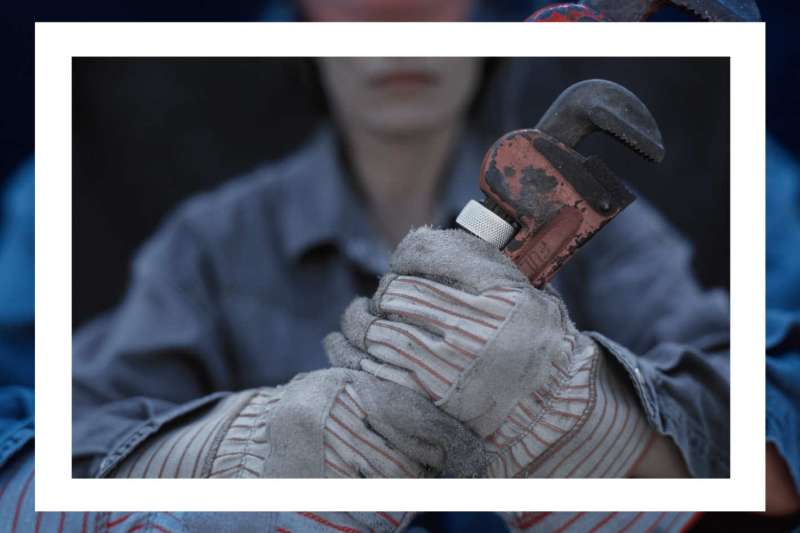
Guaranteeing backflow prevention gadgets are working properly.
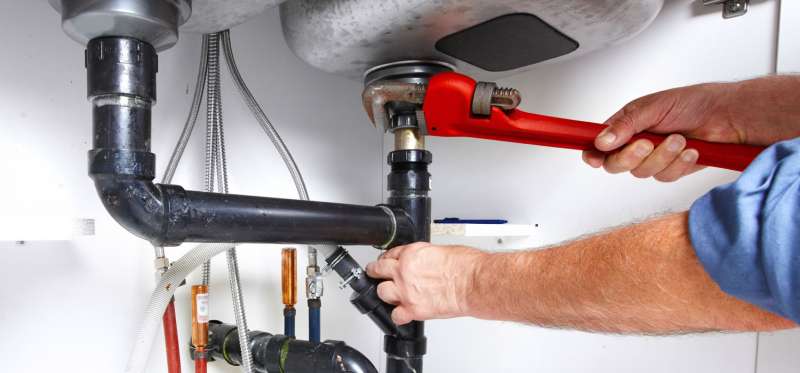
Moving or updating plumbing systems.
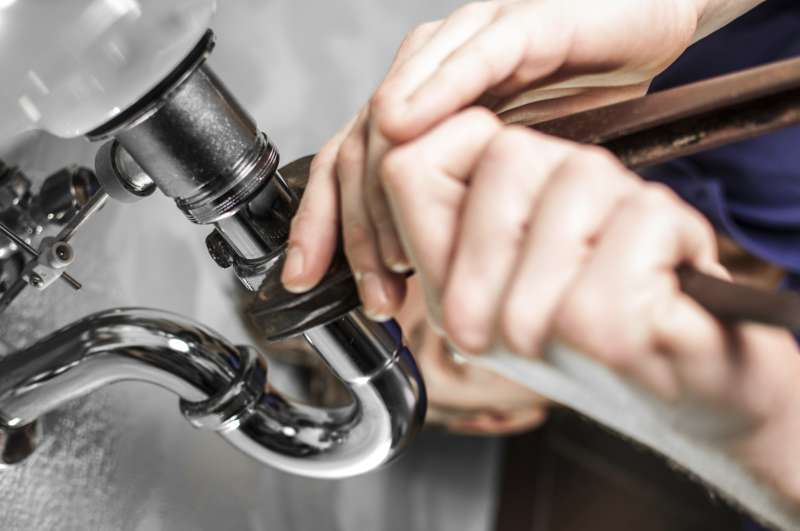
Making sure plumbing systems fulfill regional regulations.
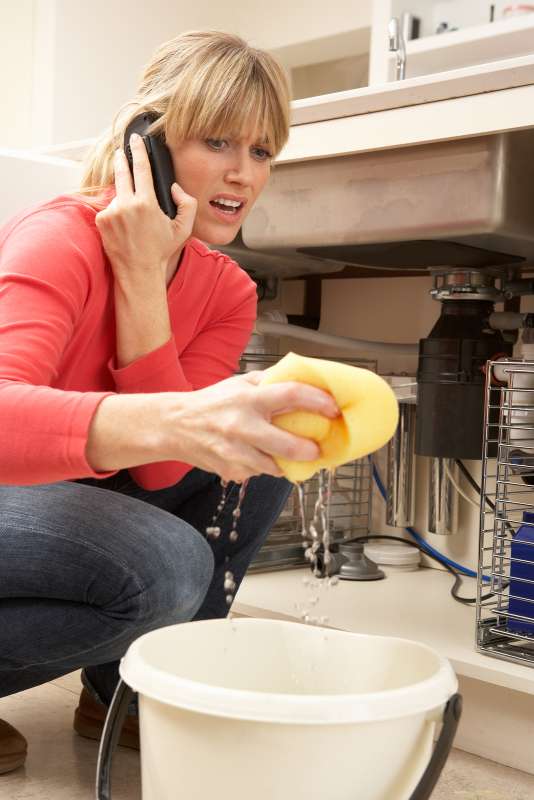
Immediate reaction to prevent flooding and water damage.

Cleaning obstructions in sinks, toilets, showers, and sewage system lines.
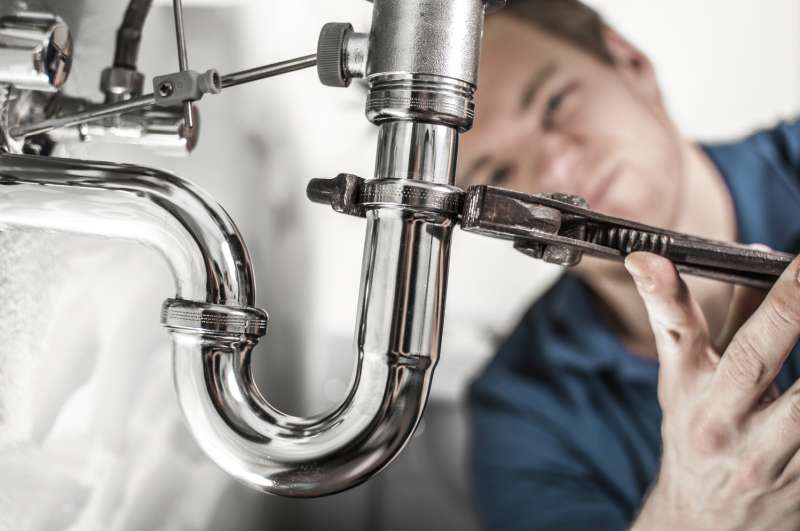
Routine cleansing to prevent blockages and keep circulation.
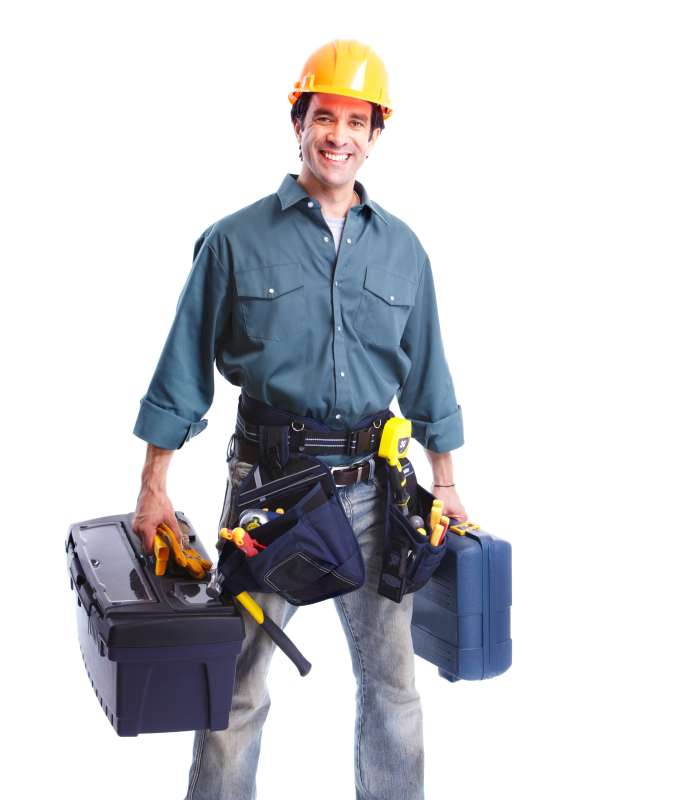
Fixing malfunctioning faucets, toilets, and other fixtures.
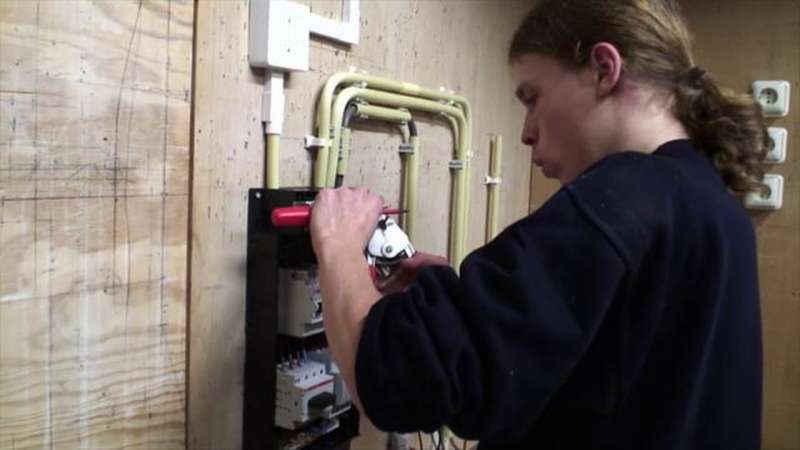
Installation of sinks, faucets, toilets, bathtubs, and showers.
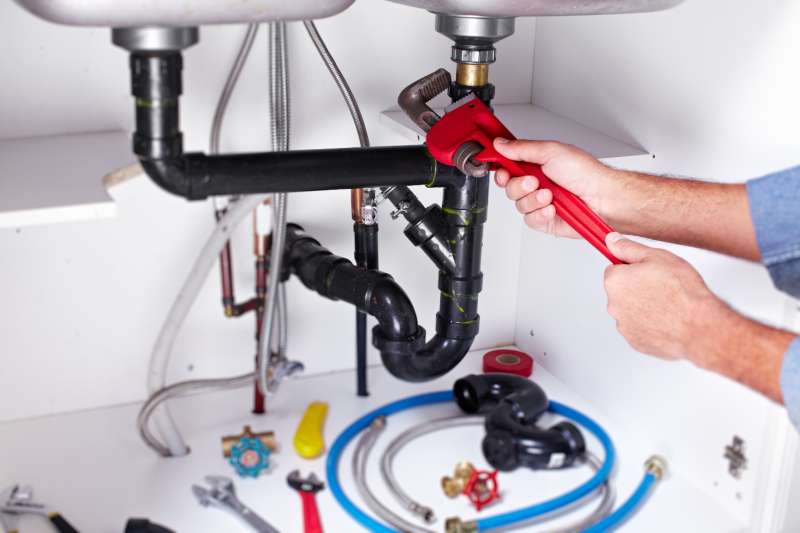
Emergency detection and repair work to prevent threats.
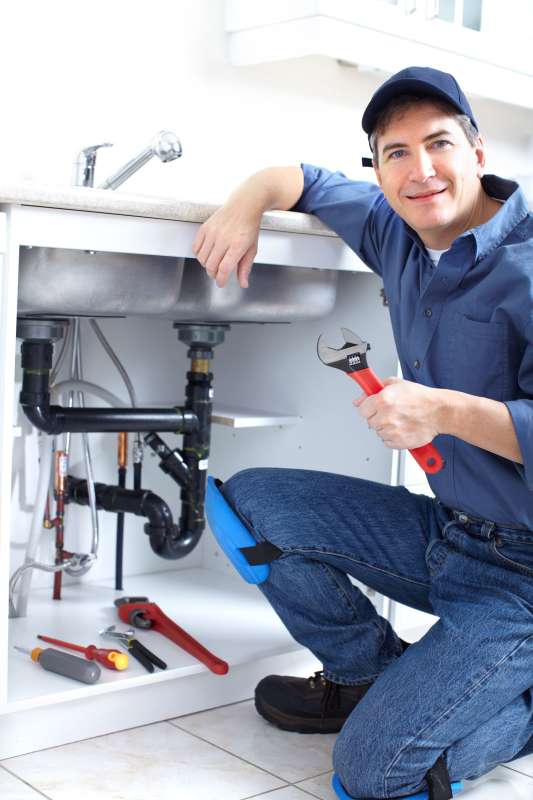
Fixing gas leaks and ensuring appropriate gas line working.
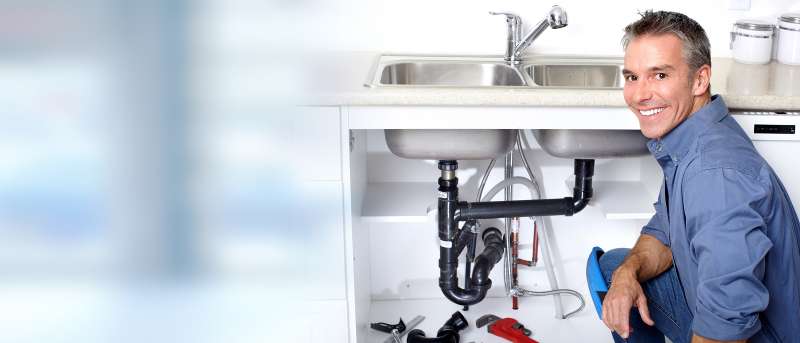
Establishing systems for reusing home wastewater.
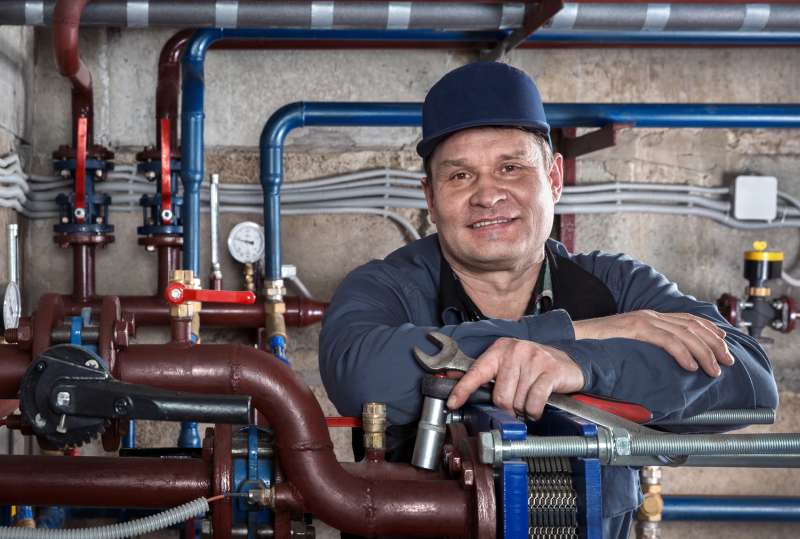
Installing and maintaining glowing flooring heating systems.
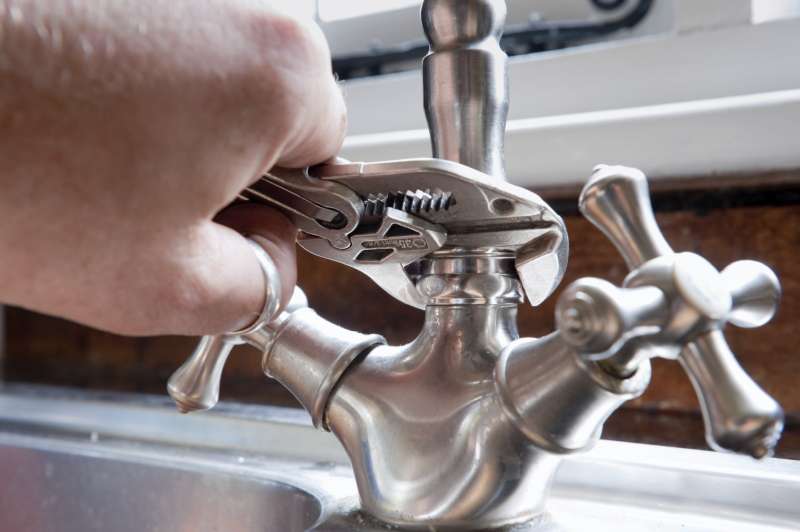
Specialized piping for factories or commercial settings.
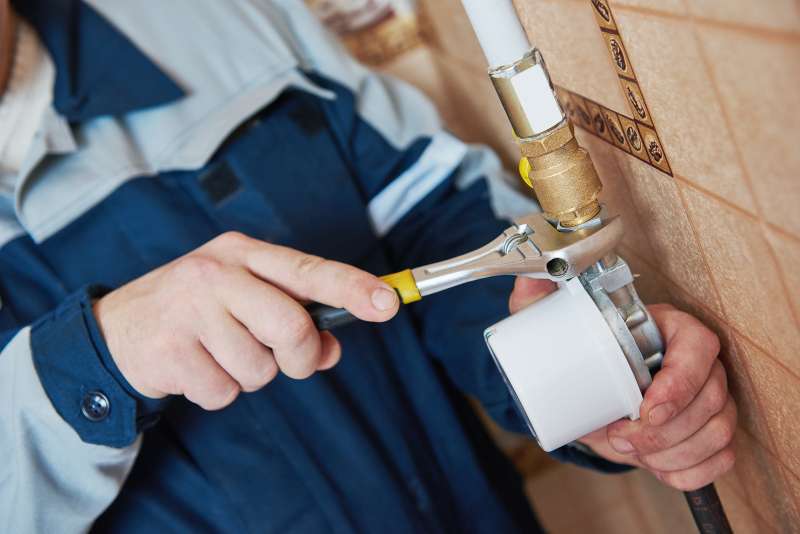
Installing and keeping outdoor irrigation.
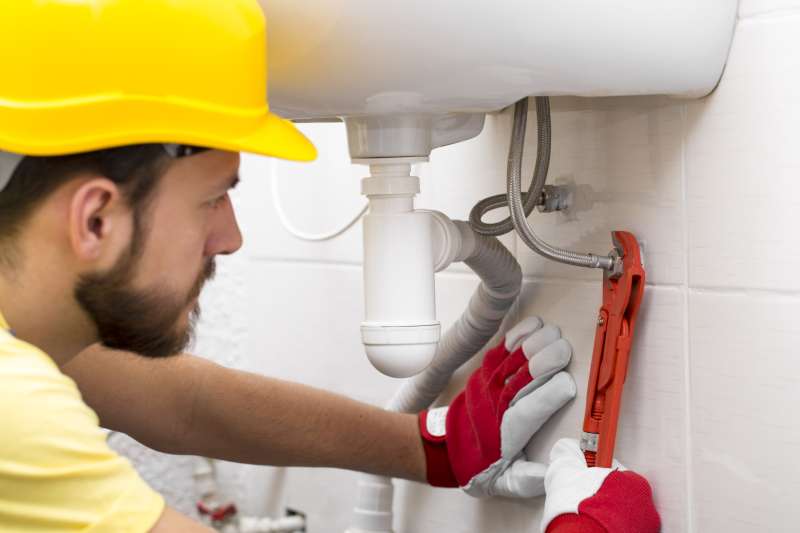
Plumbing systems for new structures or restorations.
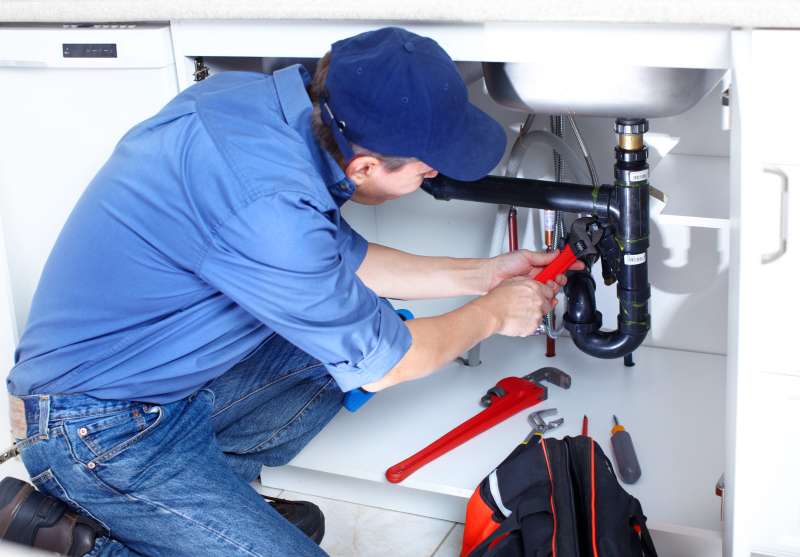
Fixing leaks in pipes, faucets, toilets, and appliances.
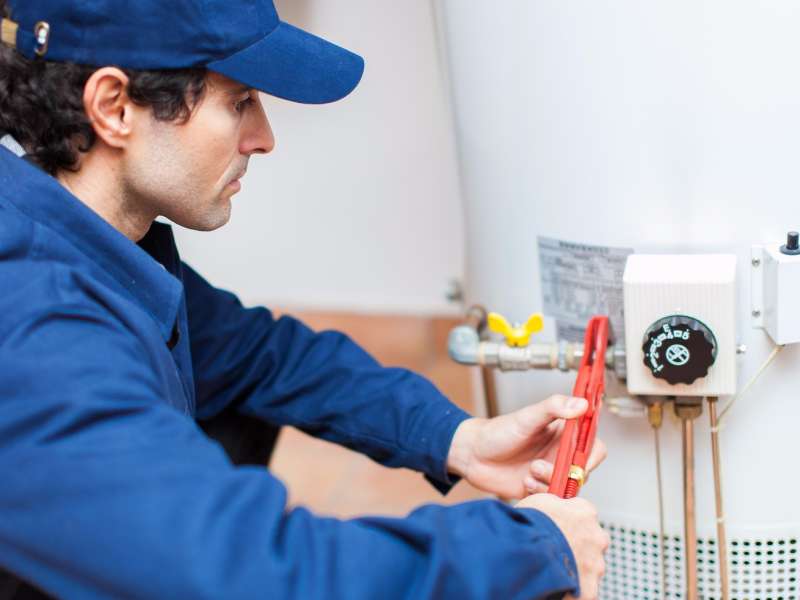
Quick resolution of severe blockages and overflows.
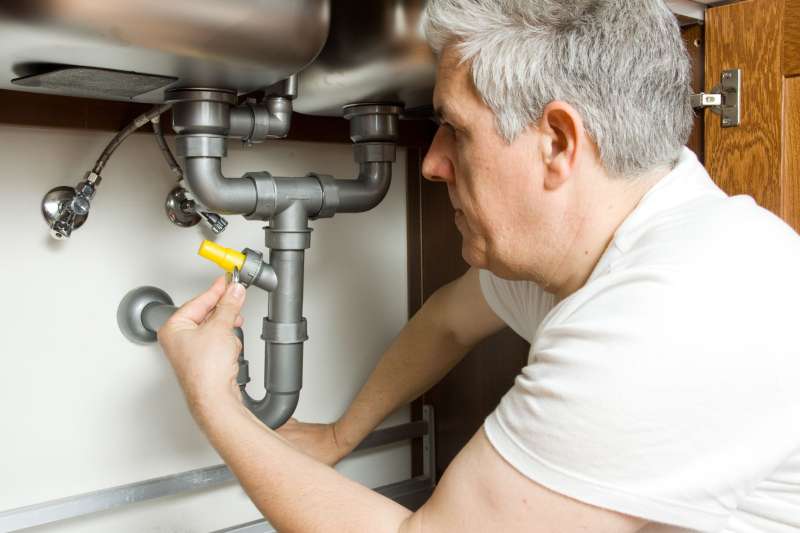
Utilizing electronic cameras to check pipelines for damage or blockages.
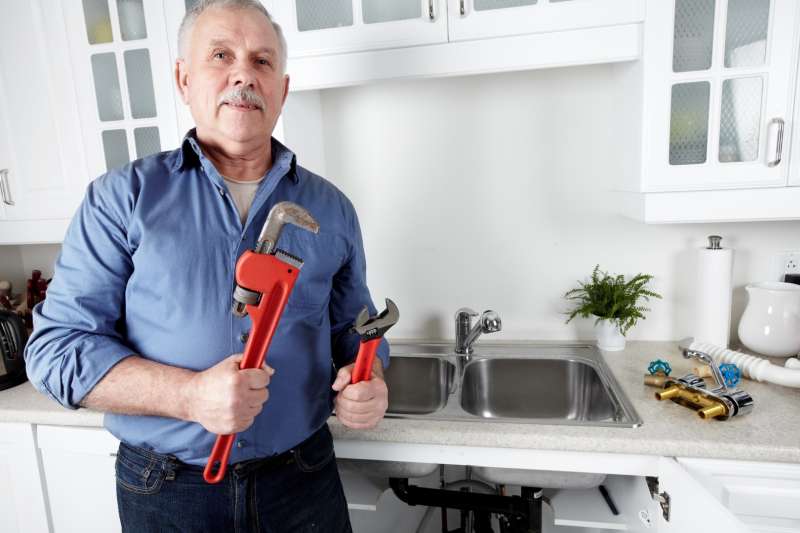
Fixing or replacing burst, worn away, or harmed pipes.
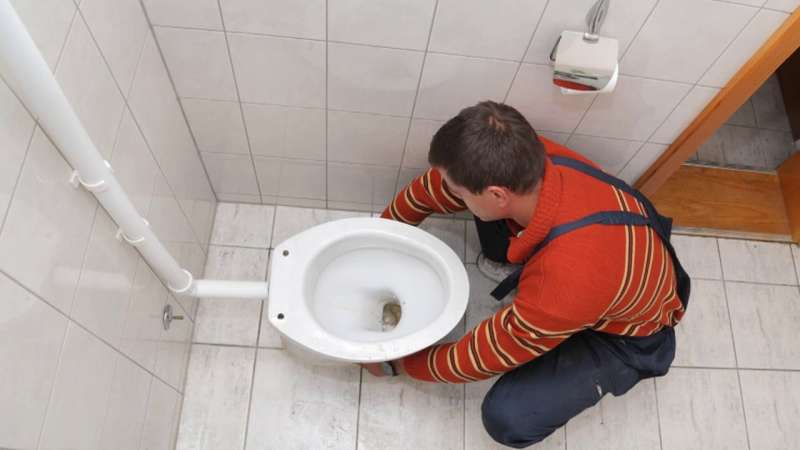
Installing new piping systems for water, gas, and drainage.
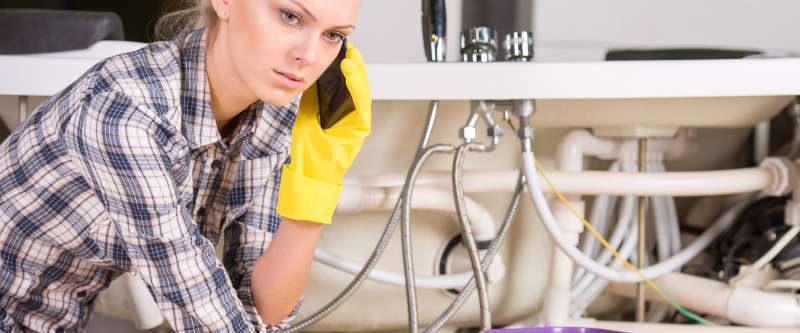
Examining plumbing systems before purchasing residential or commercial property.
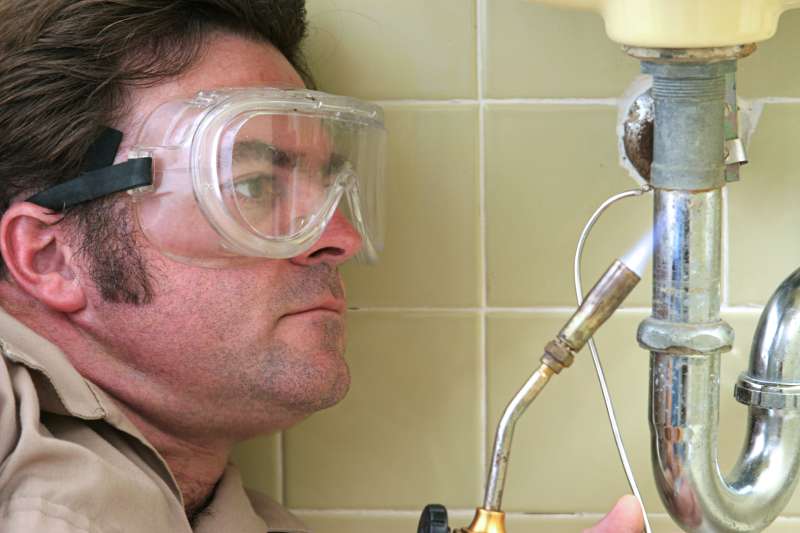
Installing systems to gather and utilize rainwater.
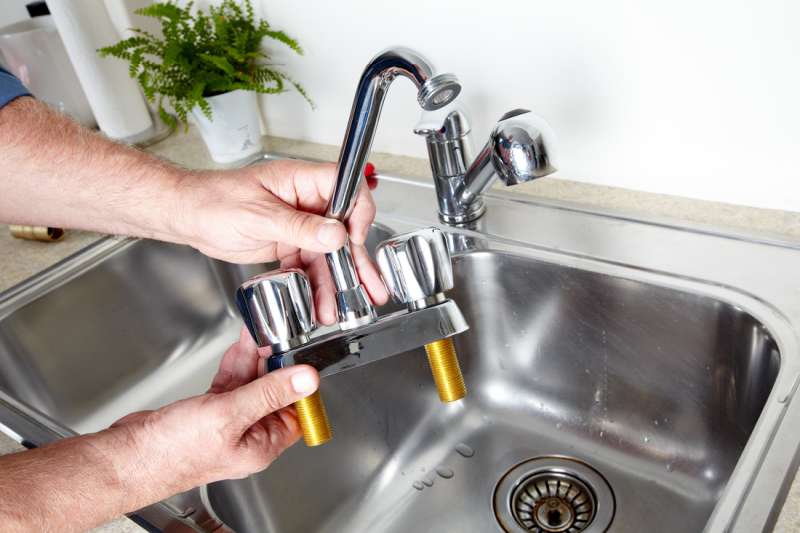
Ongoing upkeep services for companies.
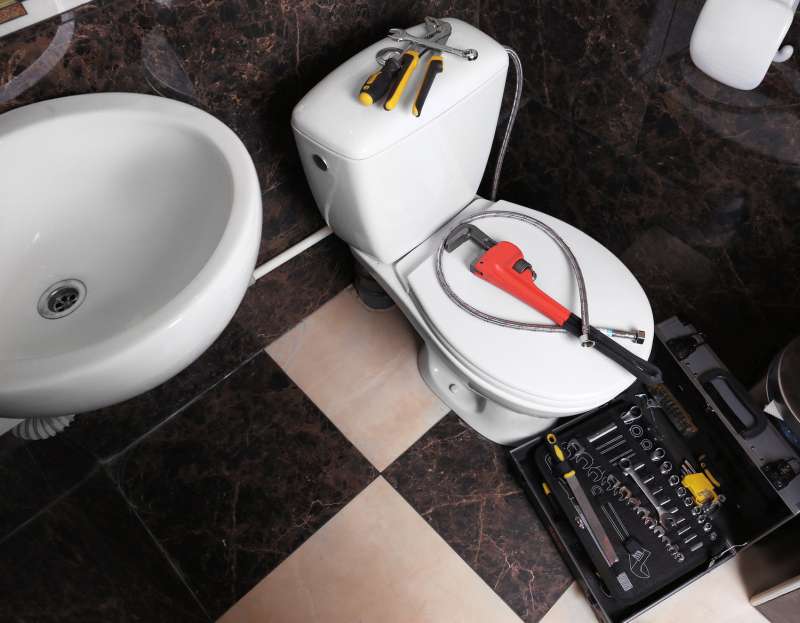
Putting up, repairing, and maintaining sewage-disposal tanks.
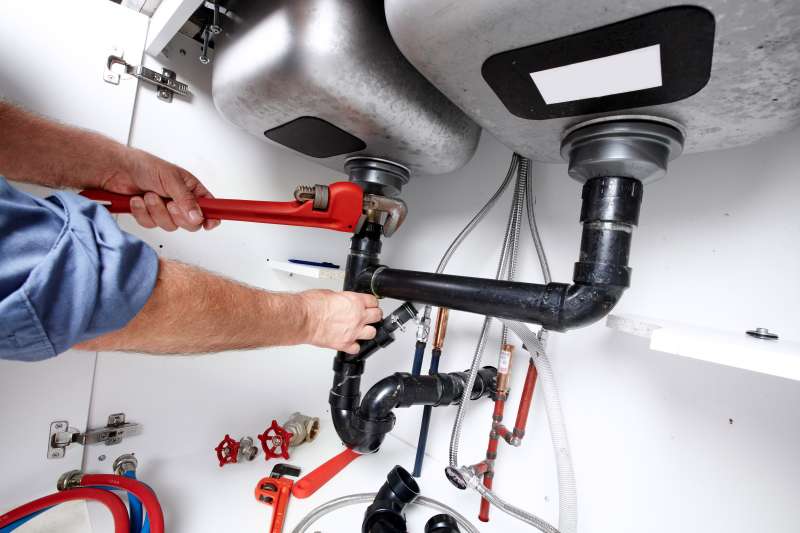
Managing groundwater in basements.
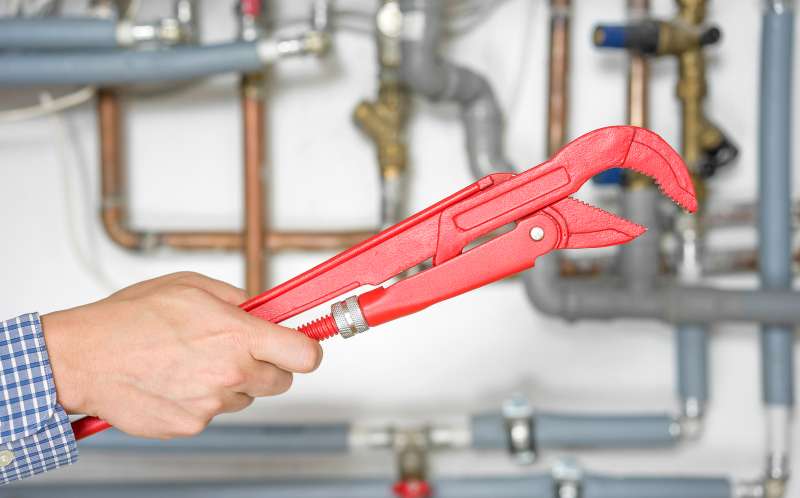
Installing water-efficient or modern components.
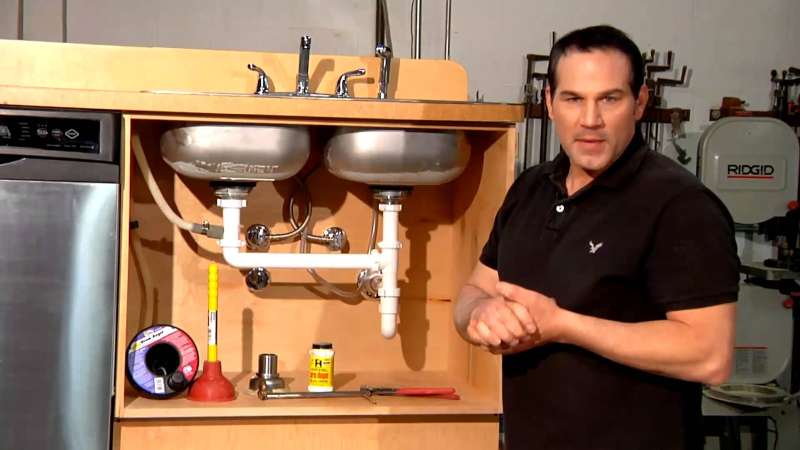
Recommending on water-saving strategies and products.

Installing water conditioners and purification systems.
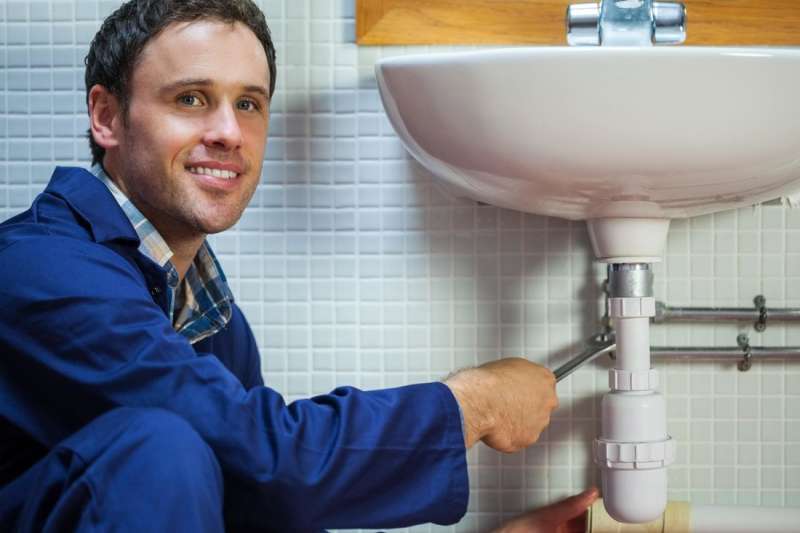
Flushing and checking water heaters to lengthen life expectancy.

Attending to concerns with temperature level, leakages, or failure to heat water.
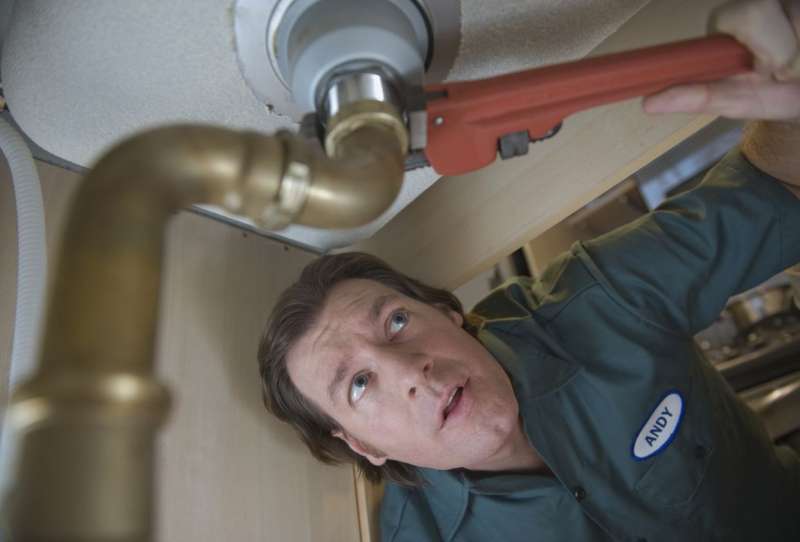
Safeguarding basements or other locations from water intrusion.
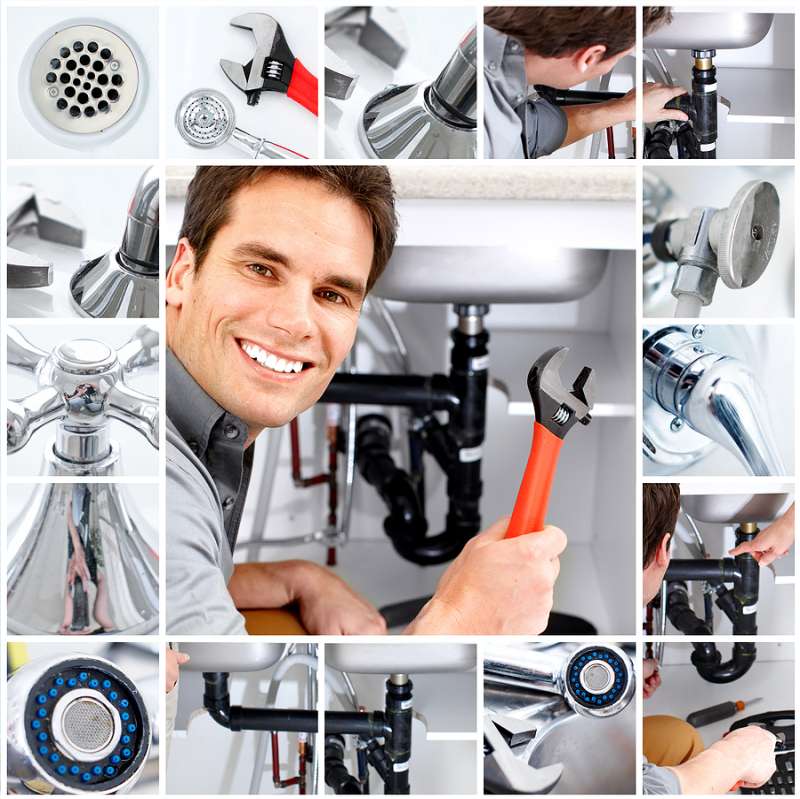
Immediate attention to prevent contamination and health dangers.